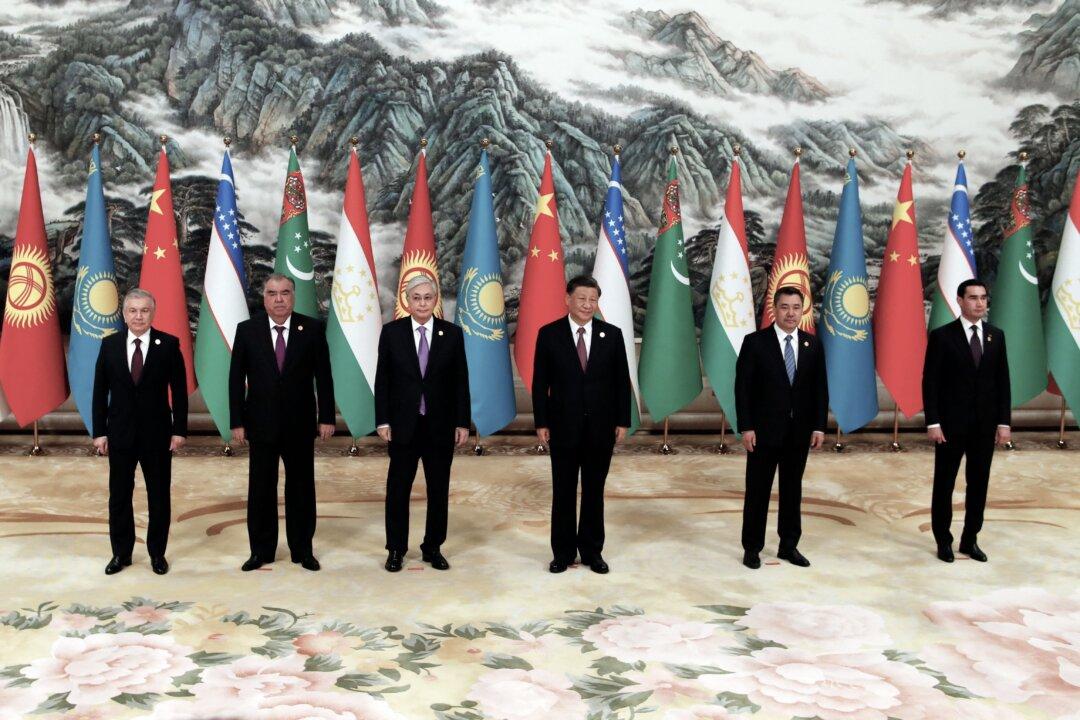Commentary
It was almost as if, by July 2023, the great opening had never occurred between “the West” and the states of Central Asia after they were freed in 1991 from a century of Soviet and Russian Empire domination.

It was almost as if, by July 2023, the great opening had never occurred between “the West” and the states of Central Asia after they were freed in 1991 from a century of Soviet and Russian Empire domination.